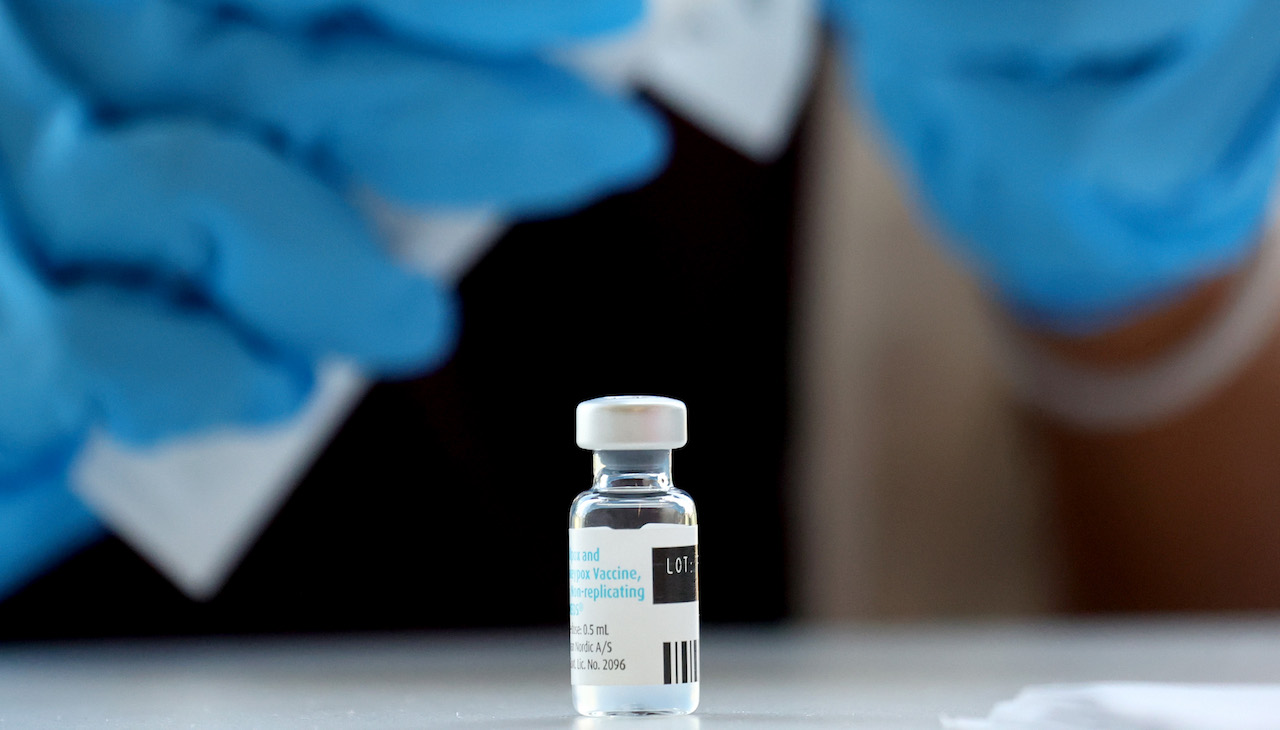
HHS blunder leads to monkeypox vaccine shortage
The world currently faces a second consecutive global health emergency in over two years with the resurgence of the Monkeypox virus that has reached worrying case counts in some countries. Overall response to the outbreak has been criticized as slow and inadequate, a similar issue that also plagued the response to the COVID-19 pandemic.
In the United States specifically, despite some emergency declarations in states like California, Illinois, and New York, cases exist in most of the country, as well as in some of the bigger metropolitan areas.
Vaccine supply is notably low in many areas that very much need it, like New York City and San Francisco. Supply is so low that whatever is available is only for those at risk, and people exposed to the virus. Many people in clinics across the country have also been turned away because simply, there is not enough. Additionally, it has reached a point where only one dose is being administered, and two is what is needed for protection.
Now, with the U.S. set to receive an additional 800,000 vaccines as of July 27, when President Biden signed off on it, more could have arrived if not for an oversight from health officials that halted the prospect.
First broken by the New York Times and according to multiple administration officials close to the matter, the low supply in vaccines is due in some part to a mistake by the Department of Health and Human Services, who failed early on to ask the manufacturer to bottle the bulk of vaccines that they already owned and prep them for distribution.
When the government placed their orders into the Denmark-based manufacturer, Bavarian Nordic, they had already begun work that they booked from other clients and as a result, were unavailable to work on it for months. This is despite the $1 billion investment the federal government put towards the development of the vaccine.
U.S. Health officials say that 3.5 million doses is what is needed to fight the outbreak and its spread, but the U.S. has only distributed 1.1 million doses. According to HHS, the next 500,000 doses will not be delivered until October and the other 5.5 millions doses will not be available until next year. As a result, the government is looking to find another firm to help out with the bottling, capping, and labeling to speed up delivery.
CONTENIDO RELACIONADO
Another blow came on May 23, when HHS officials underestimated the country’s need for vaccines and allowed over 215,000 finished doses that were already paid for by the federal government, electing to allow Bavarian Nordic to deliver those doses to European countries rather than holding onto them for later use. According to officials, at that time, there were only eight confirmed monkeypox cases and the FDA had not approved the plant where the vaccine was being poured.
The U.S. also had over 20 million doses in a huge stockpile, but as they expired, the U.S. did not do anything to try and replenish it and now the stockpile is running low.
Just three months later, states are having to stretch out the current low supply by only administering one dose to all until more is delivered. Residents in San Francisco and Illinois, for example, are being turned away and all available openings in New York are already booked.
“The same kinds of bureaucratic delays and forgetfulness and dropping the ball that we did during the COVID pandemic,” said Lawrence O. Gostin, a former adviser to the Centers for Disease Control and Prevention (CDC).
As of Aug. 3, the CDC reports over 6,617 confirmed Monkeypox cases across the country when in May, only eight existed. However, seeing as health officials drop the ball in a similar manner to the COVID-19 pandemic, the failure to act has once again come at the expense of people’s health and lives.










DEJE UN COMENTARIO:
¡Únete a la discusión! Deja un comentario.